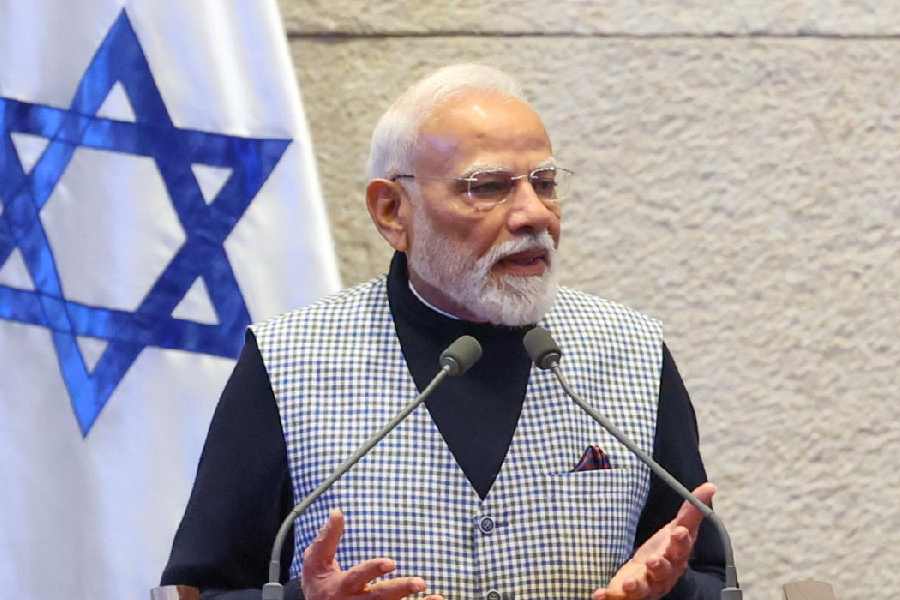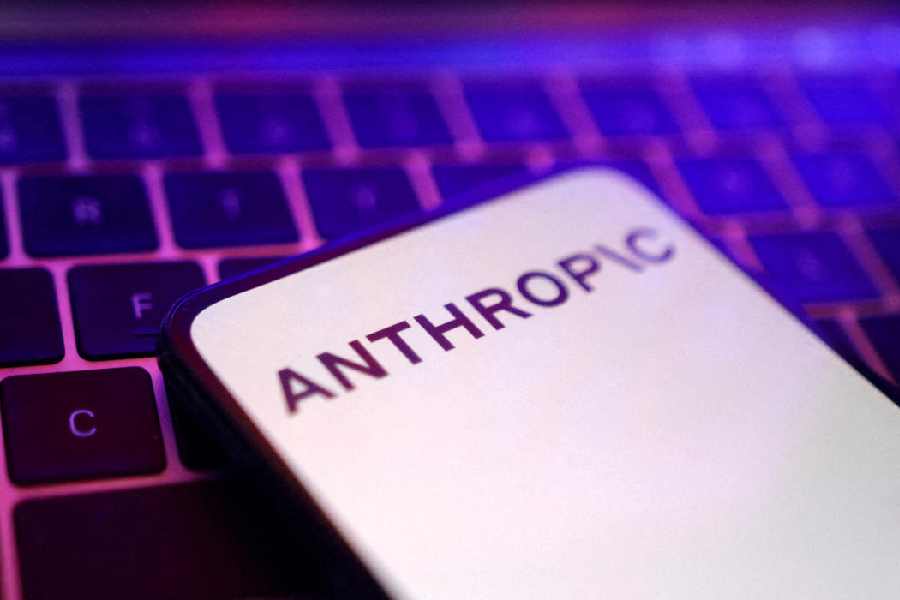Living like a king may sound good in theory, but royal life is not just about the royal treatment. Or so Prince Laurent of Belgium would like the world to believe. The younger brother of King Philippe of Belgium had sued the country’s National Institute for the Social Security of the Self-employed for a pension, asserting that he should be granted the right to claim social security benefits over and above his six-figure royal allowance. The prince receives a stipend of €400,000 (Rs 3,90,92,000) a year, three-quarters of which is used to cover his staff’s salaries plus various trips and entertainment expenses; he lives rent-free in his royal residence. That leaves the prince with €100,000, reduced to roughly €60,000 a year after tax. For context, the average household disposable income in Belgium is €30,765. The prince had argued that he was almost self-employed because of the duties he carries out as a royal — cutting ribbons, shaking hands, handing out prizes, taking diplomatic foreign trips and throwing lavish dinner parties among other tasks. While the court rejected the argument that he is ‘self-employed’, it did ask legislators to consider coming up with a royal pension scheme, categorising the prince as a ‘super public servant’ of sorts.
While the debate about a princely pension can rage on, the incident has rekindled another question: are monarchies — not to say anything of royal whims — still relevant in the 21st century? There are 43 sovereign States in the world with a monarch as their head. While Spaniards rallied against their royal family even as recently as November 2024, some people in Nepal are at the moment campaigning to bring back monarchy to the country 17 years after it was abolished. Critics of the monarchy argue, quite rightly, that having a system of hereditary power at the top of a nation’s political, military and religious institutions perpetuates class divisions and inequality. There is also the question of expenses. Taxpayers in the United Kingdom had shelled out £510 million in 2023-2024 to upkeep the royal highnesses. A hereditary public office also goes against every democratic principle. Yet, there is a line of thought that argues that monarchies may not entirely be without merit in the fractured world of the 21st century. Monarchs rise above politics in the way an elected head of State cannot, especially in multi-ethnic countries like Belgium where the institution of monarchy unites diverse, and often hostile, ethnic groups under shared loyalty to a titular monarch. Studies also show that the presence of kings in Cambodia, Jordan, and Morocco holds back the worst and more extreme tendencies of political leaders or factions in their countries.
Prince Laurent’s royal tantrum may have actually opened up a new avenue for the future of monarchies. Treating royals like public servants — super or otherwise — and subjecting their salaries and perks to parliamentary and even public approval — in 2018, the Belgian Parliament voted to dock Prince Laurent’s monthly allowance for a year after he attended a Chinese embassy reception without government permission — could be a possible way forward. Could royal accountability be the bridge between antiquity and modernity?











